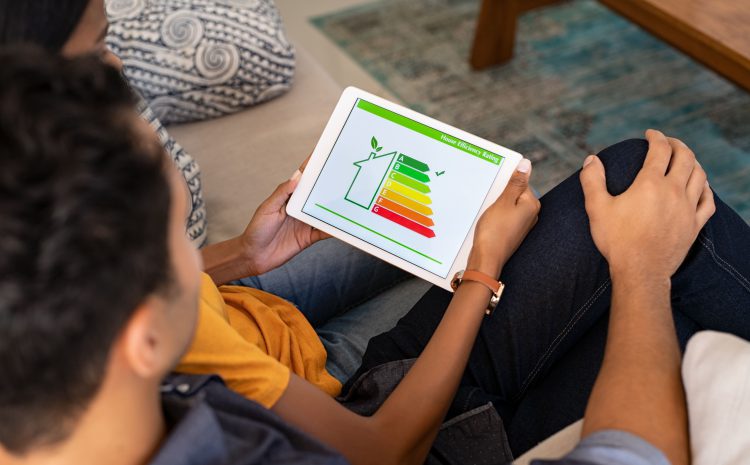
Boosting Energy Efficiency by 15%: A Case Study of 8 Pharma Projects by SKAI in India
Introduction:
In today’s world, energy efficiency has become a significant concern in all industries. Pharmaceutical plants, in particular, require a lot of energy to run their operations. In India, companies are constantly looking for ways to reduce their energy costs while maintaining their products’ quality. This is where SKAI comes in. SKAI, a leading HVAC and clean room solution provider that brings energy efficiency solutions, has recently completed eight pharmaceutical projects in India, including companies like Aura Lifecare, Siemens Healthcare, Alembic, Renova Pharma, PMC, Bayer, and Vapi Care.
Meet The Hero:
SKAI is a well-established company with a team of experienced professionals who deeply understand the energy efficiency challenges faced by pharmaceutical plants. With its cutting-edge technology and innovative solutions, SKAI has become a trusted partner of many pharmaceutical companies in India.
Problem Story:
Pharmaceutical plants consume a large amount of energy to run their operations. This not only increases their operational costs but also affects the environment. High energy consumption also affects the quality of the products being produced, as it can cause fluctuations in temperature and humidity levels, which can impact the efficacy of the medicines.
“Save The Cat Moment”:
The pharmaceutical companies were searching for a solution that could reduce their energy costs and improve the quality of their products. This is where SKAI stepped in, offering a customised solution for each of the eight pharmaceutical projects in India.
Transition to the Case Study:
In this case study, we will outline the results achieved by SKAI in each of the eight pharmaceutical projects in India. We will look closely at the methods implemented and the results achieved.
Results:
- At AURA LIFECARE in Vadodara, using Variable Refrigerant Flow (VRF) systems has resulted in improved efficiency, lower maintenance cost, and better planning. This optimization of airflow – AHU with VFD and VRF has led to reduced electricity consumption and load on building air handling units. The use of VRF systems has resulted in significant energy cost savings for AURA LIFECARE, making it a highly effective practice for reducing energy consumption in their facilities.
- Implementing Adjustable Speed Drives (ASDs) at Siemens Healthcare in Vadodara resulted in significant energy savings. The ASDs were installed on variable-volume air handlers and recirculation fans, allowing for matching airflow and pressure requirements. This led to a reduction in energy consumption by fans, as they were no longer constantly running at full speed. Overall, using ASDs resulted in a decrease in energy consumption and cost savings for Siemens Healthcare.
- In AVEO Pharma, Boisar, the method of building insulation was implemented to reduce utility bills. The older buildings in the pharmaceutical industry were not well insulated, leading to high energy consumption for heating and air conditioning. By adding insulation through Clean room panels, the company was able to significantly reduce their utility bills, with the potential for cost savings to pay for the insulation within a few years. This improvement helped the company save money and made its operations more environmentally sustainable. Further, all CRP panels are of PIR – Thus more protection in fire accidents.
- Using Air cooled chillers at PMC in Sarigam has resulted in significant energy savings for their clean room HVAC systems. By utilizing Air cooled chillers instead of water chillers, the facility was able to more efficiently cool water and reduce overall energy consumption.
- Implementing the reduction of the clean room exhaust method at Bayer in Vapi resulted in a significant decrease in the energy consumption of the clean room HVAC system. By reducing the volume of clean room exhaust airflow, the energy required to heat and cool the make-up Air was also reduced, leading to a noticeable reduction in energy costs. This method’s successful implementation has improved the facility’s overall energy efficiency and contributed to a more sustainable and cost-effective operation.
- Implementing improved load management at Vapi Care in Vapi resulted in reduced compressor energy consumption. By avoiding partial load operation, the energy consumption of compressors was optimized and not wasted on delivering no helpful work. This led to a significant reduction in energy costs and improve overall energy efficiency.
Conclusion:
In conclusion, SKAI’s energy efficiency solutions have helped these pharmaceutical companies in India reduce their energy consumption by an average of 15%. Not only has this helped the companies reduce their operational costs, but it has also helped them improve the quality of their products by maintaining a stable temperature and humidity level. SKAI’s customized solutions and commitment to excellence have made them a trusted partner of many pharmaceutical companies in India.
